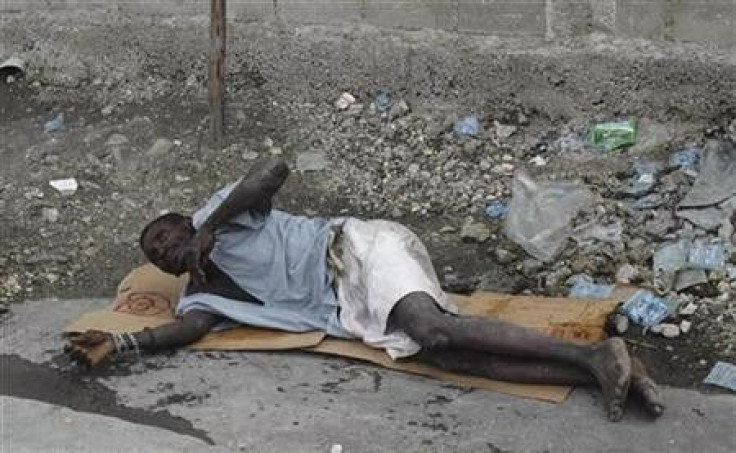Climate Change Could Cripple Developing Nations

The National Center for Atmospheric Research says climate change will hit fast-growing cities in the developing world hardest.
According to the research, many fast growing cities are not adequately reducing carbon dioxide and other greenhouse gases. And it is these cities, many of them in coastal areas, which will remain vulnerable to storm surges and prolonged hot weather.
Climate change is a deeply local issue and poses profound threats to the growing cities of the world, says Patricia Romero Lankao. But too few cities are developing effective strategies to safeguard their residents.
Romero Lankoa wrote about the issue in an upcoming issue of Current Opinion in Environmental Sustainability. She conducted the research with the United Nations Human Settlements Programme (UN-HABITAT) and it was funded by the National Science Foundation.
The research report says these cities are both the source of and most severely affected by the emission of greenhouse gases, which contribute to climate change. After an extensive of study of greenhouse gas and climate change policies across the world, the researchers said cities were falling short in two areas.
One is simply preparing for the impact. Many, especially those in developing countries, are just not doing so. They are also not cutting their own greenhouse gas emissions by reducing fossil fuel use. In some cases fossil fuel use is rising.
Romero Lankoa says such dense populations are at a greater risk for natural disasters, many of which are exacerbated by a warmer climate. The report goes over the way a natural disaster, such as a prolonged drought or a flood, can cripple a developing country. A lack of utilities and infrastructure could come into play during these disasters. Romero Lankoa says local leaders in these countries don't do enough to put better protection in place.
Local authorities tend to move towards rhetoric rather than meaningful responses, Romero Lankoa said. What is at stake, of course, is the very existence of many human institutions, and the safety and well-being of masses of humans.
© Copyright IBTimes 2024. All rights reserved.











